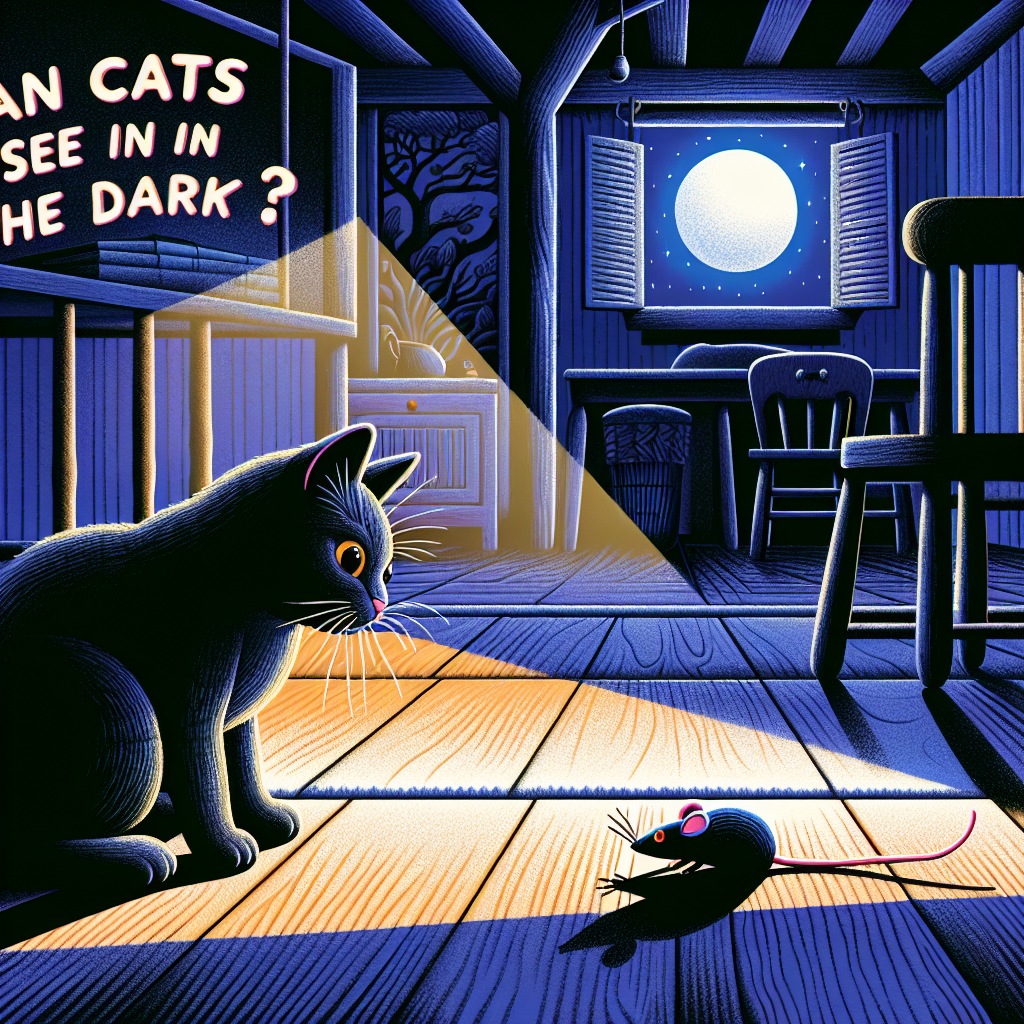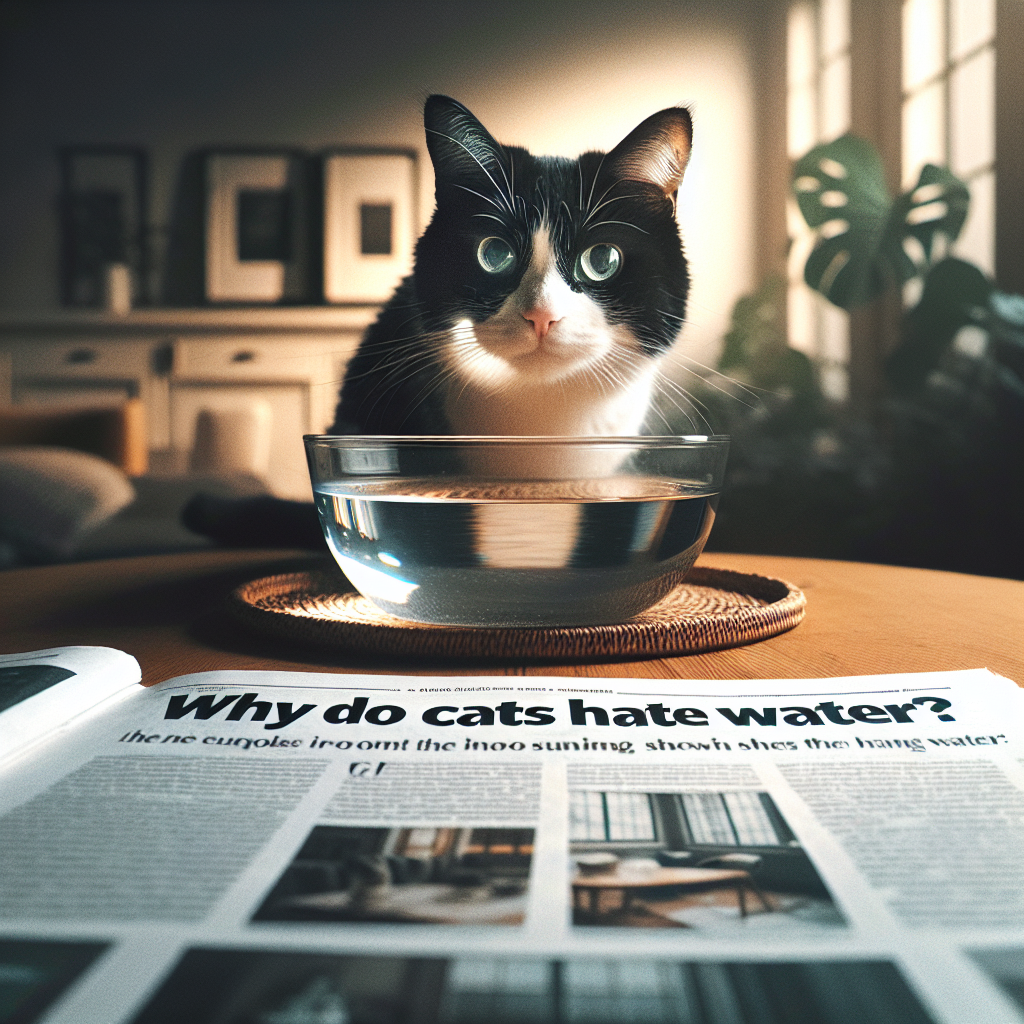Can Cats Eat Cheese? Understanding Feline Dietary Needs
When it comes to the dietary habits of our feline friends, many cat owners often find themselves questioning what human foods are safe for their beloved pets. One common curiosity revolves around cheese. After all, it’s a favorite treat for many of us, but can cats eat cheese without adverse effects? Let’s dive into this cheesy topic to uncover the facts.
The Feline Digestive System
Cats are obligate carnivores, which means their bodies are evolved primarily to consume meat. They thrive on a diet that supplies the necessary proteins, fats, and nutrients that come from animal sources. Unlike humans, cats lack certain digestive enzymes, particularly lactase, which is essential for breaking down lactose—the sugar found in milk and dairy products.
As a result, many cats are lactose intolerant, meaning they struggle to digest lactose properly. Consuming dairy products like cheese can lead to gastrointestinal upset, including symptoms such as diarrhea, stomach cramps, and gas.
Cheese and Lactose
The lactose content in cheese varies significantly depending on the type of cheese. For example:
- Hard cheeses (like cheddar or parmesan) generally contain lower levels of lactose than soft cheeses (like mozzarella or cream cheese).
- Aged cheeses tend to have less lactose because much of it is broken down during the aging process.
While some cats might tolerate small amounts of hard cheese without any immediate adverse effects, others might experience discomfort regardless of lactose levels.
Nutritional Value of Cheese for Cats
Cheese does have some nutritional benefits. It is rich in protein and calcium, both of which are essential for a cat’s overall health. However, the same advantages can be obtained through a balanced cat diet designed to meet their specific nutritional needs.
Moreover, cheese is high in fat, which can contribute to obesity and other health issues if given in excess. Cats are known to be attracted to tasty, high-calorie treats, and cheese may become a tempting indulgence that they beg for, leading to an unhealthy diet if offered too frequently.
When Is Cheese Okay for Cats?
If you’re considering giving your cat a taste of cheese, moderation is key. Here are a few guidelines to follow:
- Choose Wisely: Stick to small amounts of hard, aged cheeses that are lower in lactose.
- Observe Reactions: If it’s your cat’s first time trying cheese, monitor them closely for any signs of gastrointestinal distress afterwards.
- Use as an Occasional Treat: Cheese can be used sparingly, like a small reward during training or as a special occasional treat, rather than a consistent part of their diet.
- Consult Your Veterinarian: If you’re unsure whether cheese is suitable for your cat, or if your cat has existing health concerns, it’s always a good idea to consult your veterinarian.
Alternatives to Cheese
If your cat enjoys the taste of cheese, consider exploring alternatives that are specifically designed for cats. There are numerous cat treats available on the market that provide similar flavors without the risks associated with dairy. Some cat treats even contain lower lactose levels or are specifically formulated to be gentle on sensitive stomachs.
Conclusion
In conclusion, while cheese is not toxic to cats, it can pose challenges, particularly for those who are lactose intolerant. It’s essential to approach cheese with caution and keep in mind the importance of maintaining a balanced diet tailored to feline health. Providing your cat with a treat every now and then is fine, but moderation is crucial for their overall well-being. Always prioritize a diet formulated for cats, and consult your veterinarian with any questions about your pet’s dietary needs.




